Pre-Civil War Village row house with NYC theater and Black history ties may be landmarked
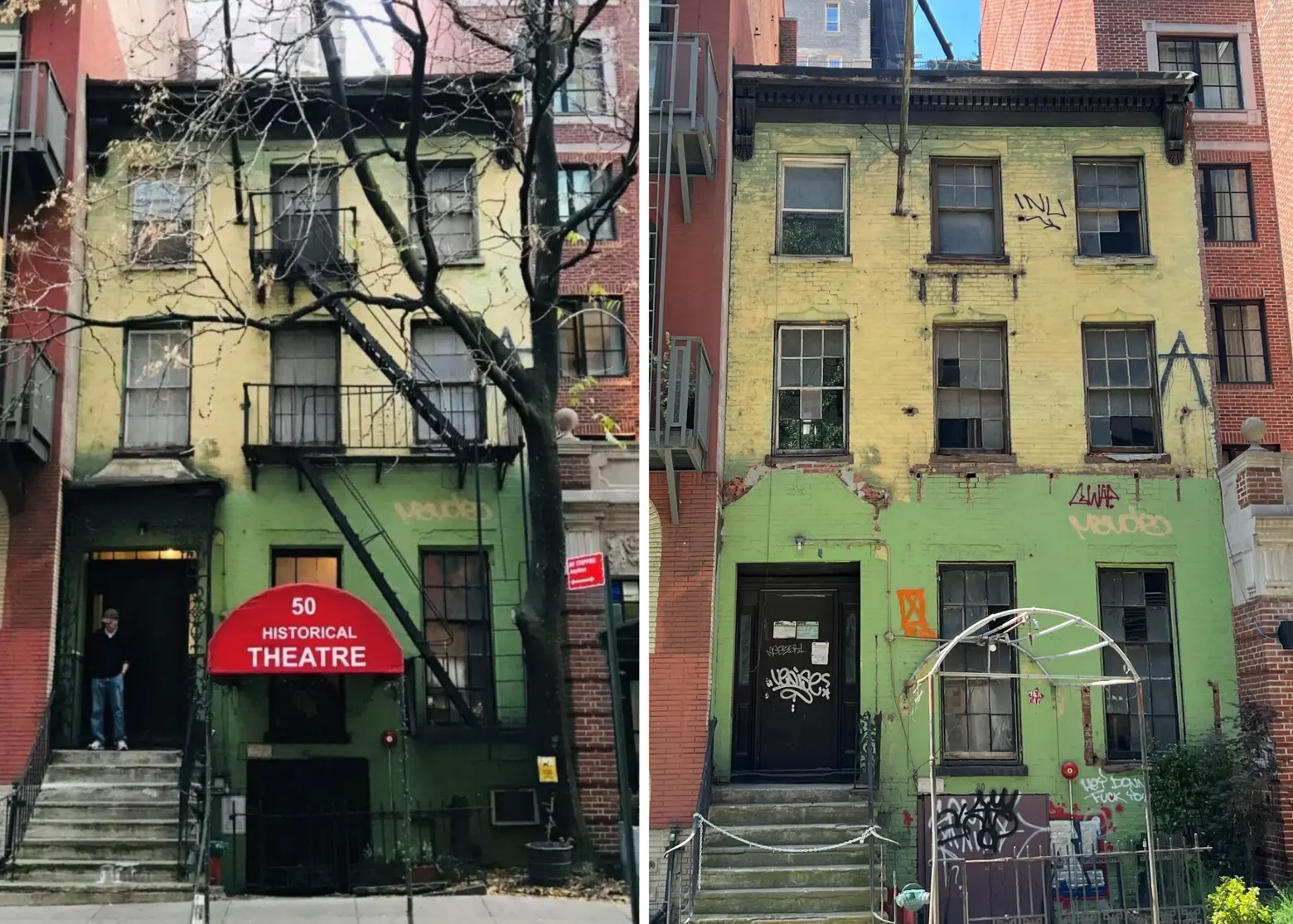
The 13th Street Repertory Company. Photo (left): Courtesy of Village Preservation. Current view of the building (right): Courtesy of the Landmarks Preservation Commission.
A nearly 180-year-old rowhouse in Greenwich Village that has been home to one of the city’s first “Off-Off-Broadway” theaters and has significant ties to Black history may be saved from demolition. The Landmarks Preservation Commission on Tuesday voted to calendar the Jacob Day Residence at 50 West 13th Street, an 1845 rowhouse once home to one of NYC’s most successful African American businessmen, a famous suffragist and Civil Rights leader, and most recently, to the 13th Street Repertory Company. Although preservationists were first told by the LPC the structure was not distinguished enough to warrant designation, further research proved the building’s immense cultural and historical significance and now the rowhouse is one step closer to becoming a landmark.
Built around 1845, the three-story Greek Revival-style brick townhouse was home to Jacob Day, one of the city’s most wealthy and successful 19th-century African American businessmen and real estate owners, from 1858 to 1884. Day was a known abolitionist, an advocate for Civil Rights, and a supporter of African American institutions.
The building was also home to the 13th Street Repertory Company, which Edith O’Hara opened in 1972. One of the city’s oldest Off-Off-Broadway theaters, the theater helped launch the careers of Bette Midler, Chazz Palminteri, Richard Dreyfus, and Barry Manilow, among others. After O’Hara died in 2020, Village Preservation began its campaign to save the building from potential demolition.
“It’s unique on this particular block, but also this particular history about this prominent African American abolitionist and prosperous businessman,” LPC Chair Sarah Carroll said on Tuesday. “It’s also a story that’s not well represented in many of our extant landmarks.”
With 50 West 13th Street now calendared, the current owner of the building will have to work with the LPC on many restoration or renovation projects.
Born in 1817, Jacob Day worked as a waiter and saved up enough to start his own catering business, gradually earning his way to become one of the wealthiest Black New Yorkers of his time, with a net worth of roughly $200,000 at the time of his death, equivalent to $6 million today, LPC Staff Theresa Noonan said during Tuesday’s hearing.
Throughout his life, Day was a staunch advocate of Black Civil Rights, and while it is not confirmed, historians believe he played an active role in helping enslaved people escape north through the Underground Railroad.
Evidence that points to this theory includes Day meeting with leaders of the Underground Railroad for at least 26 years, and his name appearing on a document showing land grants in the Adirondack region of upstate New York by Gerrit Smith, a major figure in the Underground Railroad, according to the New York Times. Day also later owned property in Brooklyn and Long Island. Additionally, a trap door located in the theater’s dressing room leads to a hidden basement space unconnected from the rest of the basement.
Day was also a member and longtime treasurer of the Abyssinian Baptist Church, the second oldest Black church in NYC, and had an account at Freedman’s Savings Bank, an institution founded to help former slaves after the Civil War.
From 1866 to 1874 during a major period of her career, famous suffragist, educator, and Civil Rights leader Sarah Tompkins Garnet lived in the building as part of Day’s household. Tompkins was one of the first Black women to become a principal in the city’s school system.
In 1958, the building was converted from a store and manufacturing space into a theater located in the basement and first floor. The first theater was called the Washington Players Studio, which was formed at the beginning of what was called the “Off-Off-Broadway” movement.
The theater offered monthly plays and acting classes and later hosted the Afro-American Folkloric Troupe, which presented poetry, prose, and folklore, in 1968, according to Village Preservation.
In 1972, O’Hara founded the 13th Street Repertory Company, which remained open until O’Hara’s death in 2020. The theater was well-known for giving a platform to emerging talents and allowing actors and writers to work in an uninhibited atmosphere.
“Boy Meets Boy” by Bill Solly, the city’s first gay musical, was rejected by other producers in NYC but was given a chance by O’Hara. The play “Line,” written by Israel Horovitz, was originally directed at the theater by O’Hara and is the longest-running theater production in NYC.
Village Preservation began its preservation campaign after O’Hara’s death. The commission told the group that despite its historical integrity, the rowhouse was not qualified to receive landmark protection for its architecture. Village Preservation researched the building to prove it’s worthy of landmark status, not only for its theatrical history but also for its connection to Black history.
The group also gathered thousands of letters of support for landmark designation from New Yorkers, elected officials, and those who are interested in preserving Black, women’s, and theater history across the United States.
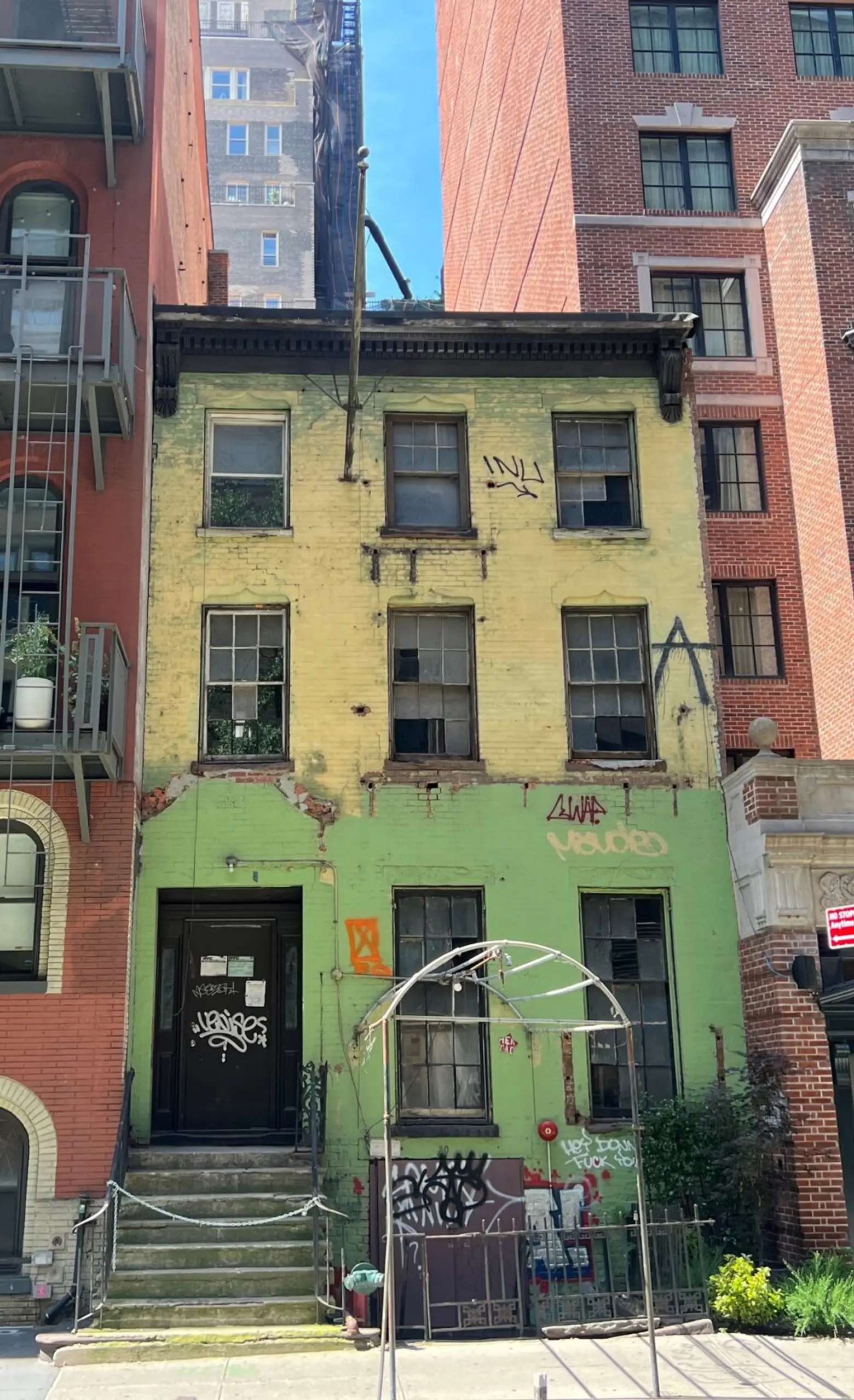
The property has also fallen into disrepair over the past 15 years due to a lack of funding, another factor behind the urgency for landmarking. The building is currently owned by White Knight Ltd., a little over a third of which is owned by O’Hara’s three children and the remainder by Stephan Loewentheil, a bookseller, and his ex-wife, Beth Farber, according to the Times.
Following a years-long legal battle, the O’Hara family and Loewentheil agreed to allow the theater to remain in place until O’Hara’s passing. After her death, the building’s fate was up in the air.
“It’s wonderful to know that this fragile, neglected building with such a proud and rich history may finally be protected and preserved,” Andrew Berman, executive director of Village Preservation, said. “After a nearly four-year effort, the city has at last taken the first initial steps toward protecting this historic site, so strongly connected to our city’s and country’s often-forgotten Black history, civil rights history, the women’s suffrage movement, and of course our theater and cultural history.”
“At 180 years old, No. 50 West 13th Street is the very definition of a landmark, and we’re heartened that it’s now being recognized and may well receive the permanent protections it needs and deserves.”
The proposed landmark will be reviewed in a public hearing, followed by a vote by the commission.
RELATED:
Get Insider Updates with Our Newsletter!
Leave a reply
Your email address will not be published.

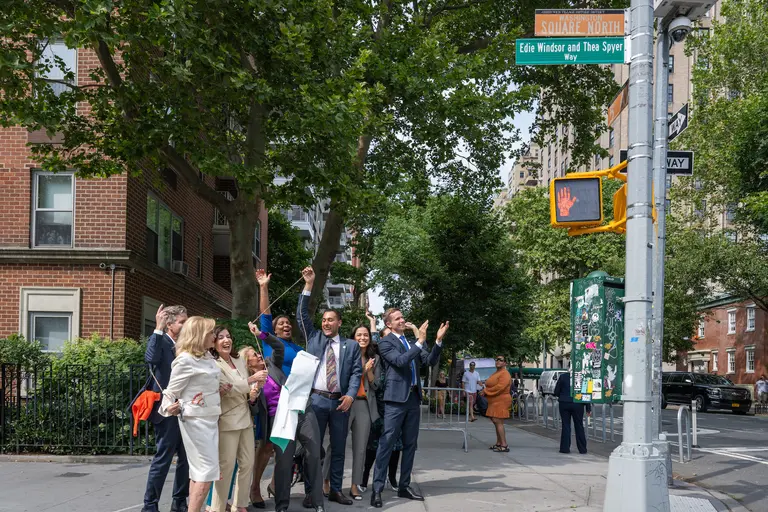
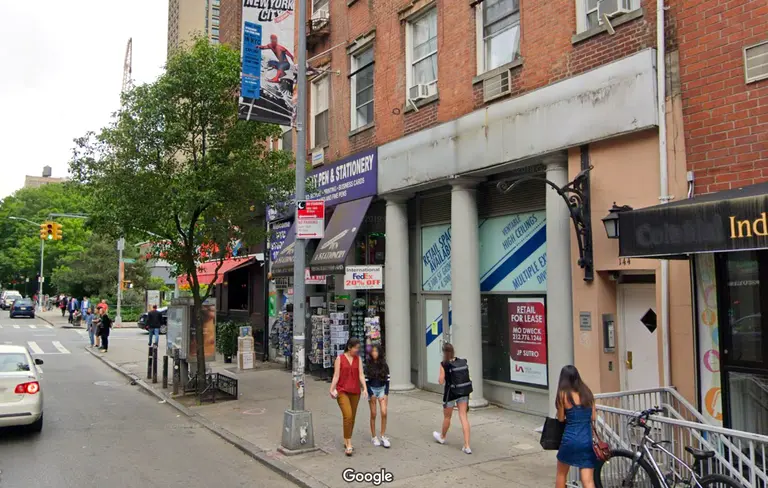
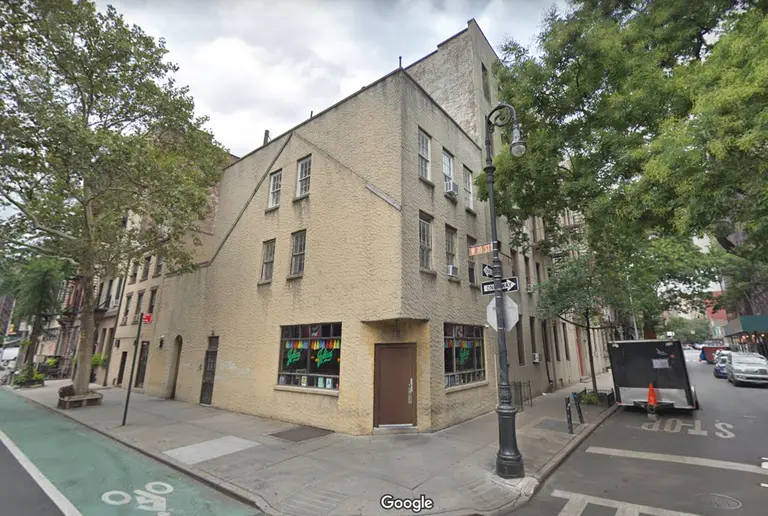
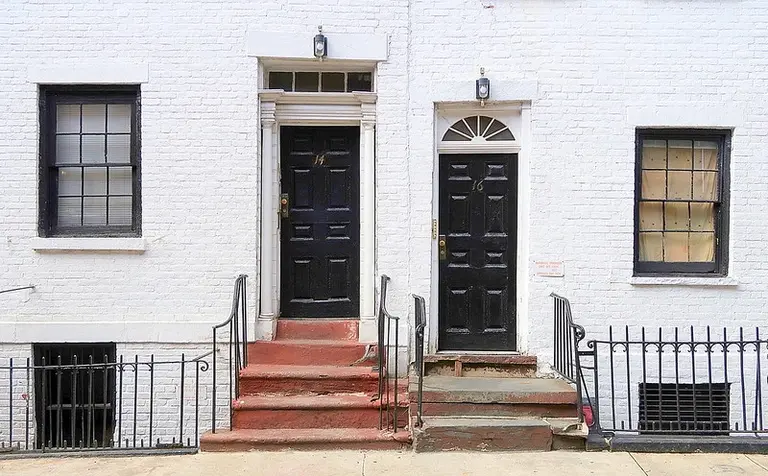
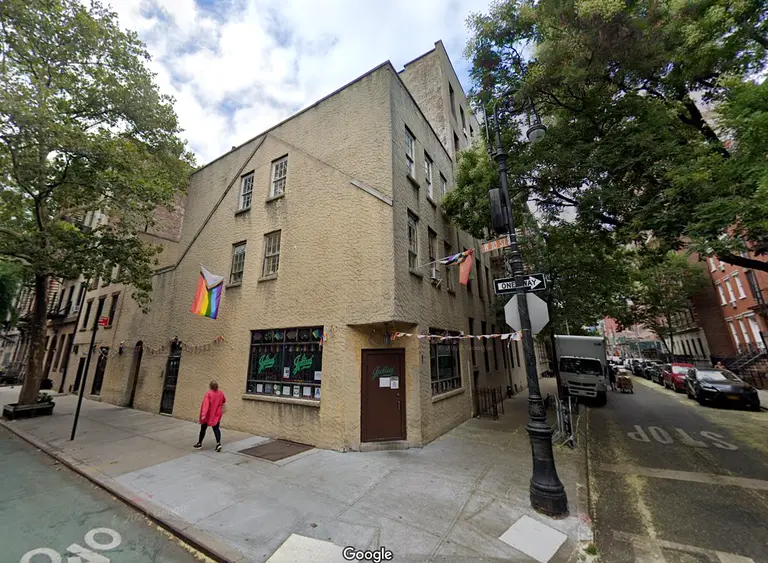





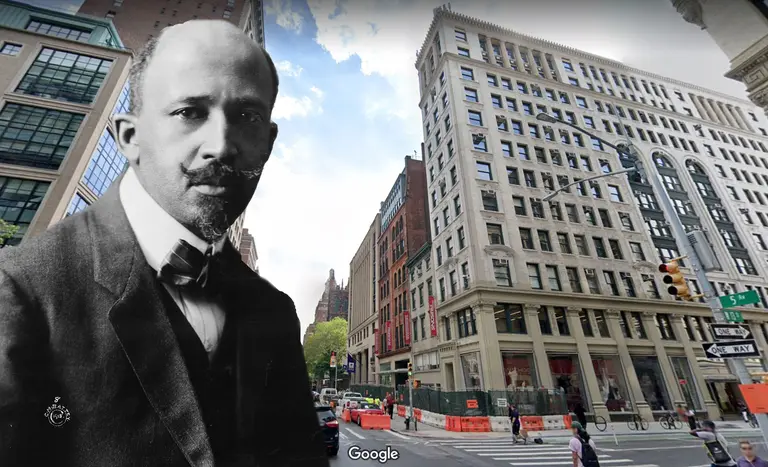

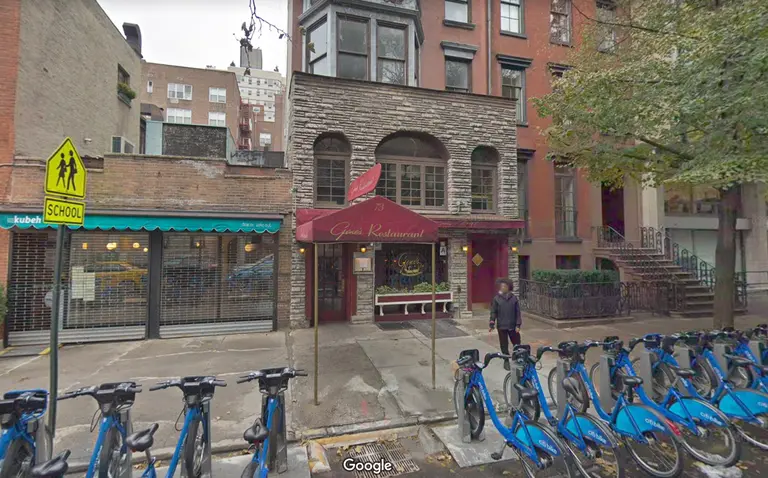
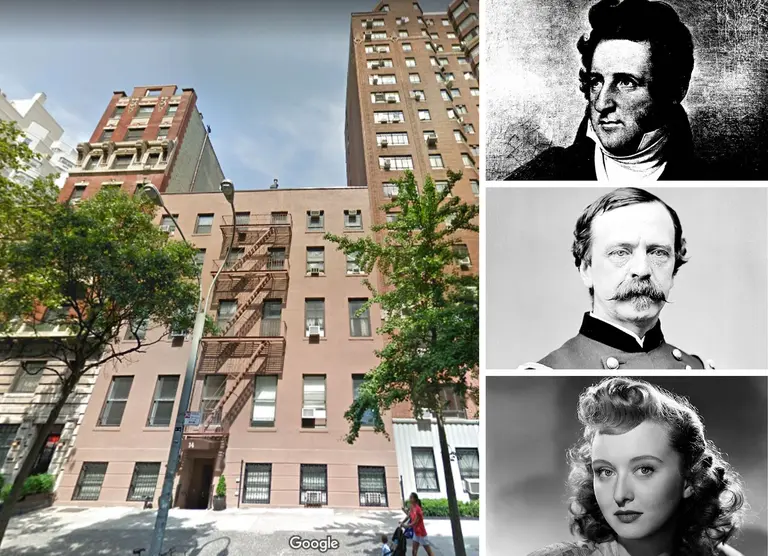
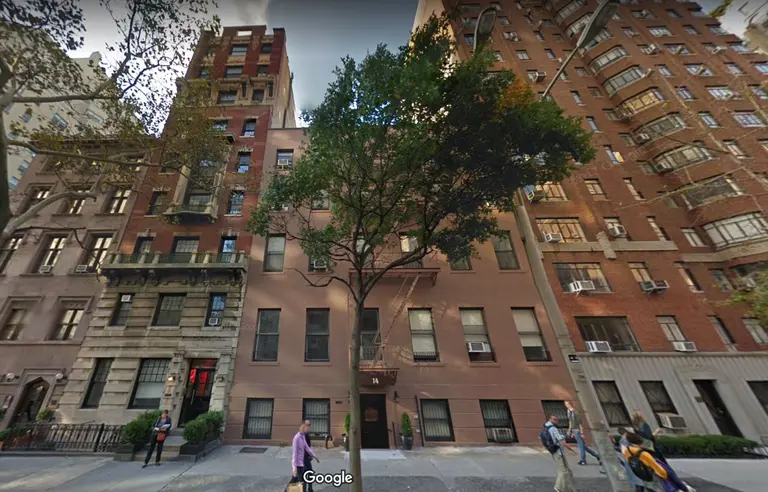
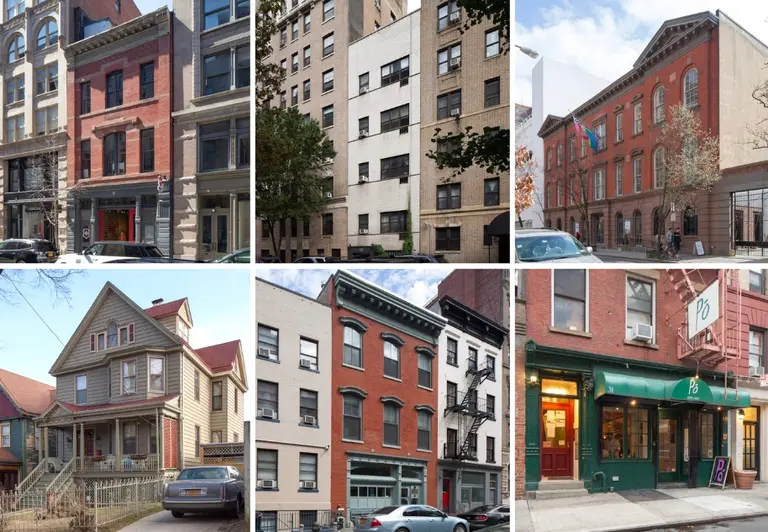










As a new member, of our local Historic Preservation Commission in upstate New York, I so appreciate this article and your work to preserve 50 West 13th St. for its importance in Black, Civil Rights, Women’s and theater history. This is an inspiring story and effort. Thanks!